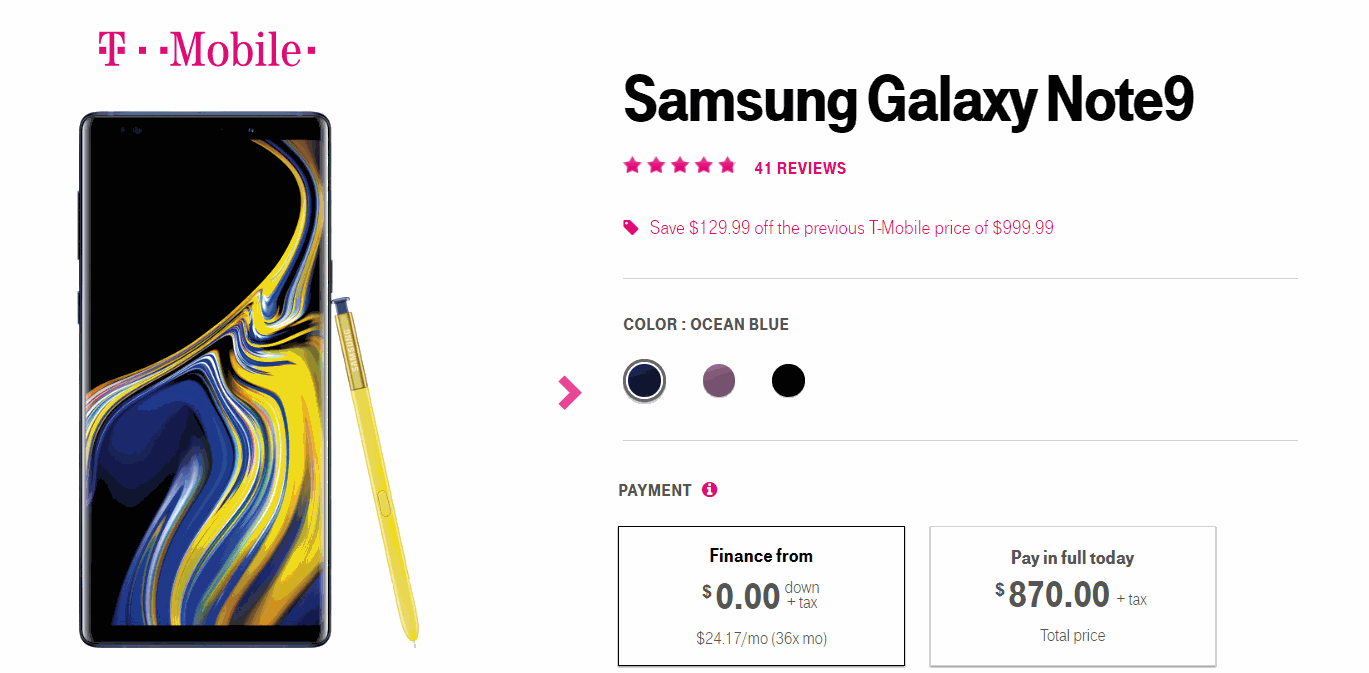Advertisement
According to one study, the average smartphone owner holds onto their phone for 32 months before upgrading. The same study says that over 20% of mobile phone owners hold onto their phone for over 3 years. There may be several reasons for the long time between upgrades. One is that flagship devices are getting more and more expensive. For instance, the most expensive iPhone model, the 512GB iPhone XS Max costs a staggering $1449.00. Another reason is that consumers may view new models as only incrementally better than the previous, and not worth the upgrade costs. Of course, the upgrade cycle may soon shorten again with the launch of 5G wireless networks and phones.
The current costs of flagship devices and the amount of time consumers now take to upgrade their phones, may be a reason why T-Mobile is currently testing out 36 month phone payment plans, or what it refers to as equipment installment plans (EIP). T-Mobile's EIPs are normally for 24 months. With 36 month payment plans possibly in play, those flagship devices will become more affordable for some. Oddly enough, T-Mobile isn't testing out the payment plan option with the most expensive phone it sells, but is doing it with the Samsung Galaxy Note 9.
T-Mobile is selling the Samsung Galaxy Note 9 base model with 128GB of internal storage for $870. With the 36 month EIP in play, customers only have to pay $24.17/month with 0 down to own the device. The 512GB model costs $1119.99 but on a 36 month EIP it is available for $24.17/month with $249.99 down.
Some view payment plans as a contract that ties you to a network, however, customers can always pay them off early and move to another provider. Whether or not the new policy has an impact on phone sales and T-Mobile's customer churn rate remains to be seen. However, if more phones are offered on a 36 month EIP in the coming months it will likely be viewed as a successful policy change and perhaps something that more carriers will want to implement.
T-Mobile
This article is part of our T-Mobile coverage. Jump to the BestMVNO T-Mobile brand hub for plans & deals or browse the latest news.
